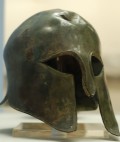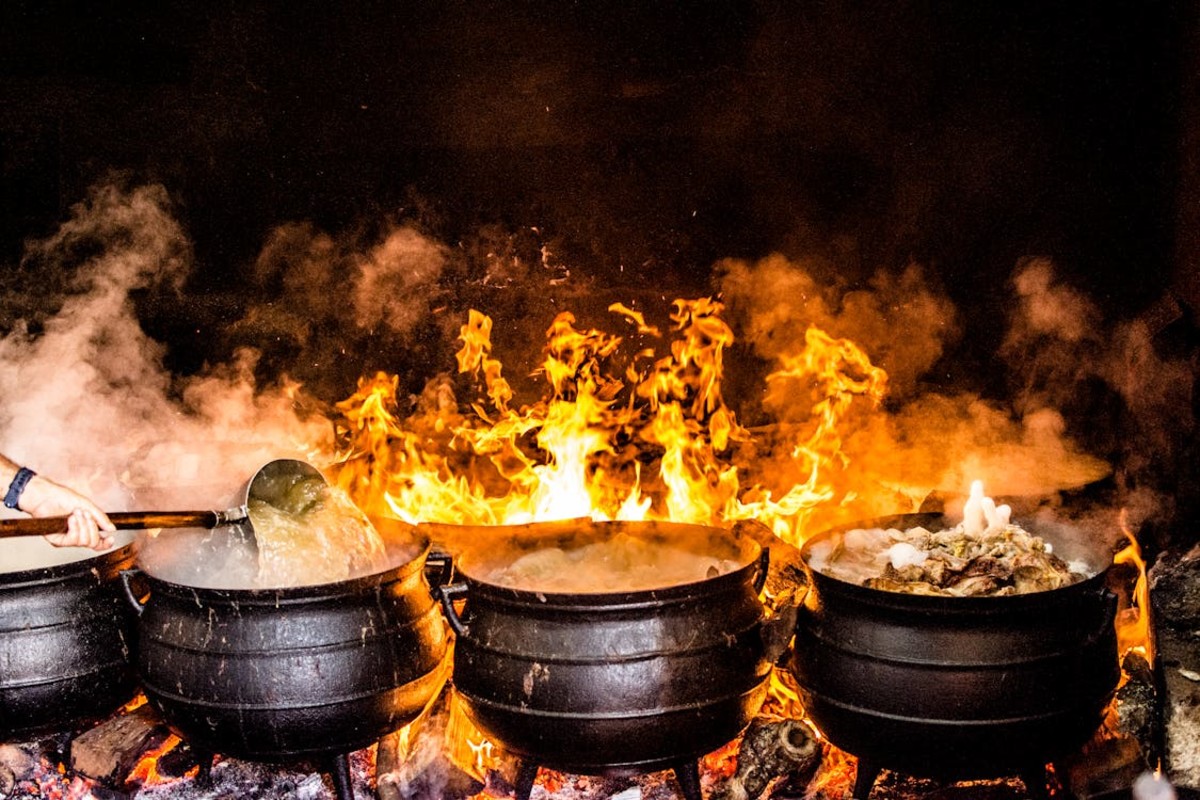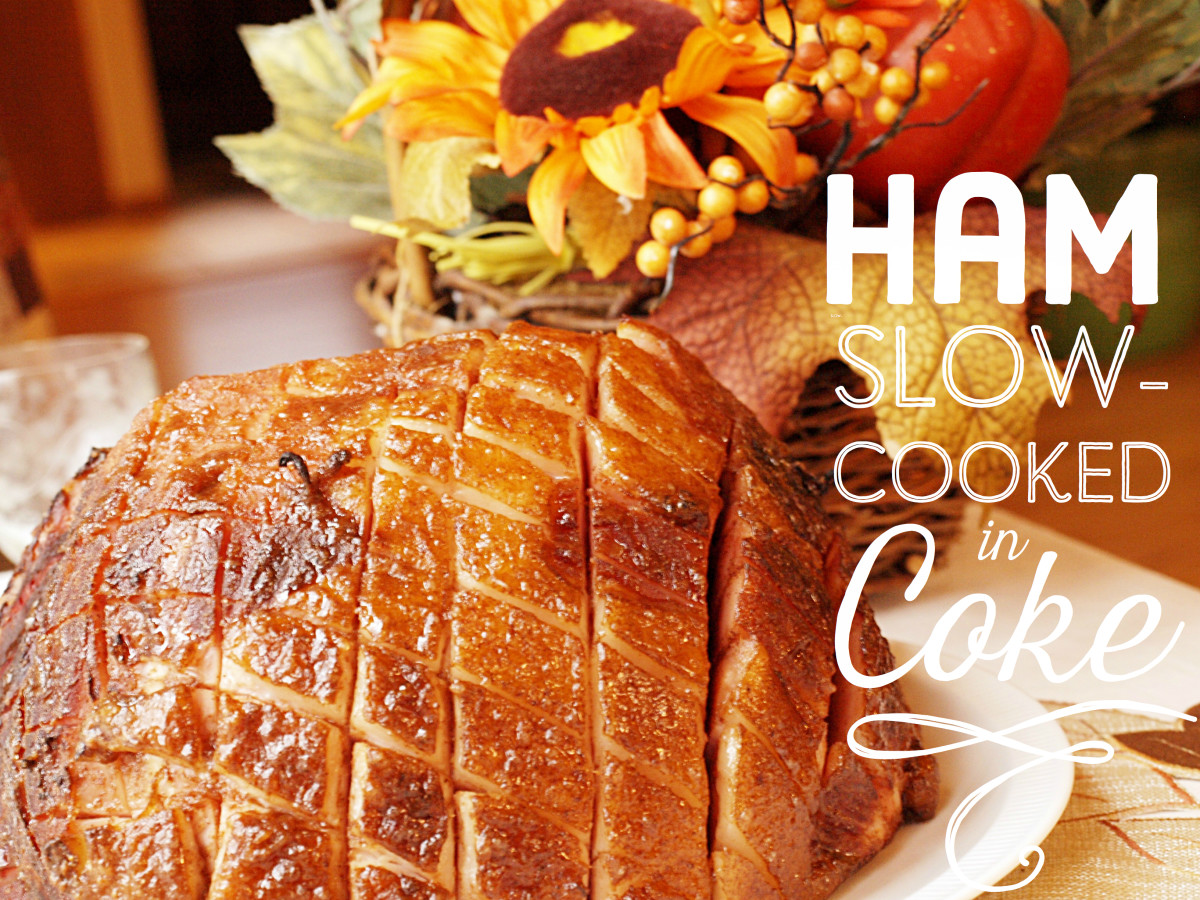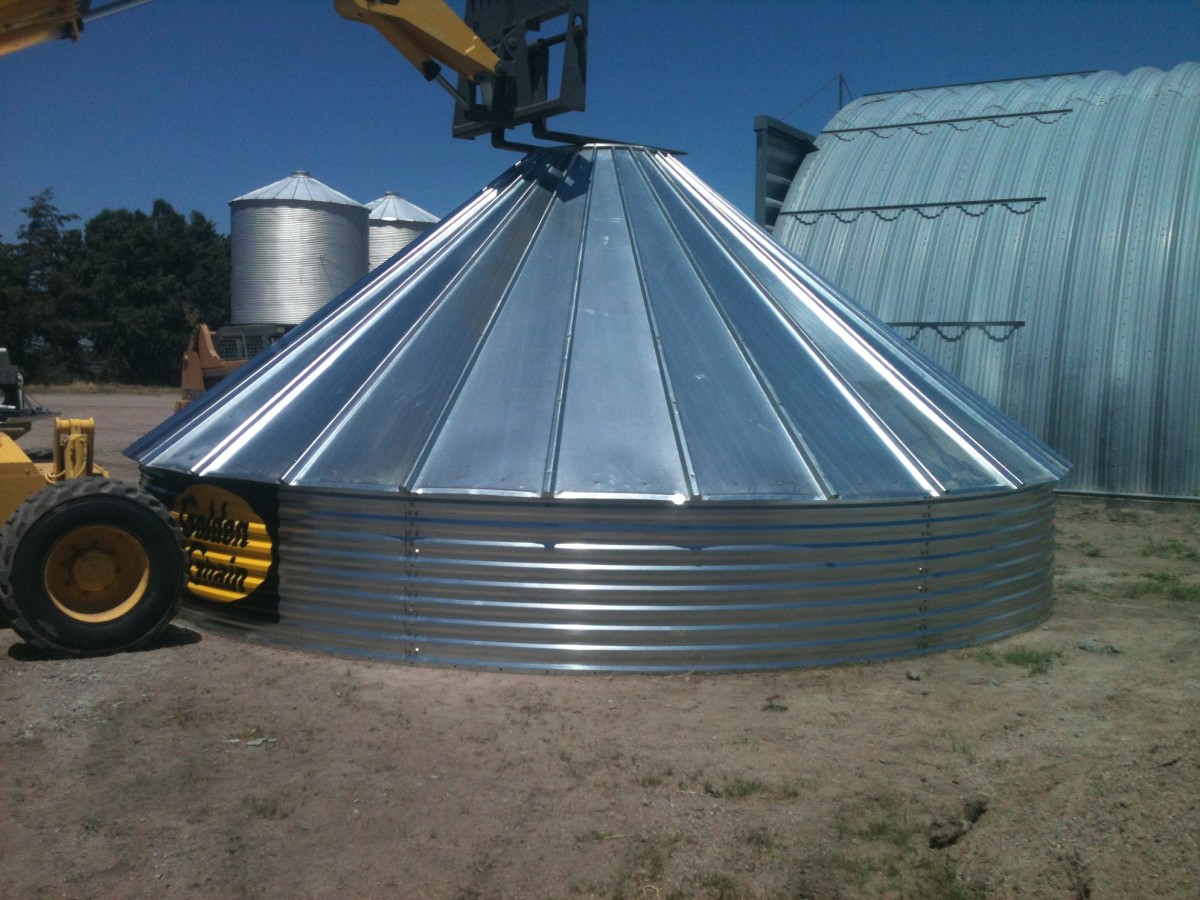The Hospitality Guru (cooking) Back to Basics: Professionalism in the Workplace
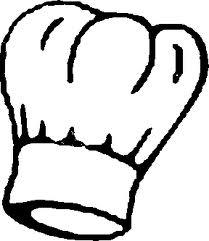
The Macquarie Dictionary described a professional as one belonging to one of the learned or skilled professions. This means that a professional chef will show themselves to be professional by displaying many different qualities and skills.
Dress:
Chefs have specific dress codes to set them apart from other kitchen workers. Chefs uniforms are strong, light and durable, they are white for several reasons – to show cleanliness and to reflect heat generated by cooking. The chefs hat keeps hair covered and denotes their position in the kitchen, so they can be easily located by staff in the hustle and bustle of a busy kitchen. The neck tie protects from cooking heat and absorbs sweat. A professional chef will always make sure that their uniform is in top condition, spotless clean, meticulously ironed with creases exactly in place. Shoes must be fully closed, oil, heat and corrosion resistant and must be kept clean to prevent dirt from entering the kitchen. A well presented chef shows that she/he is dedicated to his profession and safety.
Tools
A professional chef will purchase tools of the highest quality to ensure that their work is of the highest quality and own a wide range of tools to be used in many specialised situations. They will also have expert knowledge of how to use the tools correctly. A professional chef will also ensure that their knives are kept sharp, clean and dry, and locked when not in use to that kitchen staff do not misuse and damage the tools. This will mean that if preparations go wrong, then chef is to blame, not the tools. This will indicate areas of practise that the chef may need.
Education
A good chef will not finish his education after their apprenticeships is over. The skills of cooking can always be refined and developed by learning from mistakes, experiments and from others in order to posses a well rounded group of skills. Time should be made available every year to study other areas of cookery like international cuisine and presentation methods.
Ordering
A good chef will always ensure that only the freshest products are kept in the kitchen and will get to know peak work times so that supply levels will match demand levels thus saving money by minimising wastage and also ensuring that the freshest foods are served to customers.
Leadership
A chef is the leader of the service team and should work hard to keep a team functional and productive. A good leader will be respected by their workers. A certain amount of distance is required; a chef cannot afford to be over friendly with staff if a reasonable amount of respect is to be maintained. They will have good organisational skills, putting on enough staff to adequately do the work as per demand, and be able to motivate staff to perform their best. They should always listen to the opinions of their staff but be willing to make final decisions that may not be able to communicate effectively with the public valuing their opinions, even if they not agree with their own, and be able to cater for their needs. They will always be willing to listen to criticism in order to make any necessary changes to the way in which they run in the kitchen.
Cleanliness
A good chef will always ensure that they have high levels of personal hygiene. They will always be well presented for work, wearing a discreet deodorant not perfume of cologne, make up and nail polish should not be worn and long hair should be tied back. The chef should make a point of washing hands after each stage of preparation. This is not only prevent contamination of food, but as an example to others in the kitchen.
A good chef will also ensure that their kitchen is spotlessly clean, that work surfaces, boards and equipment are cleaned regularly during each service. Vents, oils and fridges should be kept clean using appropriate measures to ensure that food of highest standards that can be offered to patrons, this is not only good for the kitchen but the establishment.
Storage
The storage of foods must be done professionally to prevent cross contamination by incorrectly storing raw and cooked food products. Different food products have their own storage requirements, which should be practised by the chef at all times for example: Fish and meats should never be stored in the same fridge. Cross contamination of flavours should be avoided by storing all products either covered with foil of cling wrap or in air tight containers with snap on lids.
Variation of Menu
A good chef knows when particular food products are in season and when to purchase them at the best prices. Thus a menu will be changed seasonally to incorporate these products and keep regular customers satisfied and willing to return. Variation of menu will also enthuse kitchen staff so that they are not continually preparing the same dishes.
Conclusion
A professional chef will not only bring credit to themselves but to the establishment for which they work. They will develop a name for themselves and attract clientele, which will attract further business, keeping the establishment busy and customers satisfied. A professional chef will also increase public trust in the profession increasing it is high standing in the professional world.
- Ode to the Dishy | THE HOSPITALITY GURU |
Stewards, Kitchen Hands and Dishys, sometimes even referred to as The Pig, Oinka or Piggy to name just a few! Ever wondered what skill is really required to be an a top line Dish-Pig & what they actually do in fast paced kitchens? Well, despite g - YES CHEF | THE HOSPITALITY GURU |
After a convo with a chef buddy of mine recently, I was blown away to learn that apprentices really dont get the sort of attention and instruction that I did back in my day.


